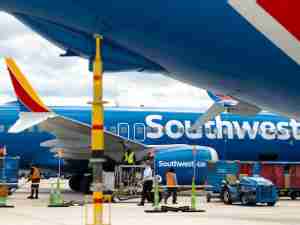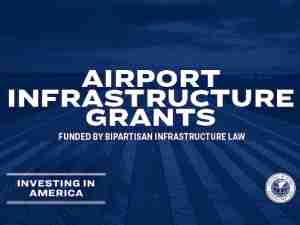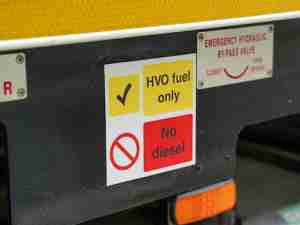Tough antitrust enforcement could also pose another stumbling block to a merger, which would form the world's second-largest airline after Delta Air Lines , industry experts said.
Sources with knowledge of the situation told Reuters the negotiations began more than a month ago, although much of the groundwork was laid in 2008 when the two held similar talks.
The sources said the parties are currently focused on general themes, and issues like deal structure and management will be discussed in coming weeks.
The parties were said to be mindful of hurdles to a successful merger, including competition concerns and serious labor questions at both carriers involving pilots.
"Everybody is aware of the problems," said one source.
United's pilots said they were vehemently opposed to a merger, while US Airways' pilots said they were open to a merger and wanted to be part of the discussions.
United's flight attendants said they would not support a deal that would "distract from contract negotiations."
Goldman Sachs and JPMorgan Chase & Co are advising United, several people familiar with the matter said. Citigroup Inc is advising US Airways, the sources said.
All three banks declined to comment.
CHANGING LANDSCAPE
US Airways and UAL have courted for a decade -- interrupted only by their turns in bankruptcy between 2002 and 2005.
An offer in 2000 by United to buy US Airways crumbled in 2001 over fears the U.S. government would block the deal.
Talks revived in 2008 but fizzled amid the recession.
Aviation experts generally agree that consolidation would help the airline industry, and a merger with US Airways would help United. But some said a deal with Continental Airlines would be best for United.
United and Continental held merger talks in 2008 and later opted for an alliance, which has been successful.
Airlines are recovering from a painful downturn that forced massive downsizing in the last two years. A merger could accelerate fleet reductions, helping improve balance sheets.
Philip Baggaley of rating agency Standard & Poor's said a merger with US Airways would improve United's route network but could lead to higher labor costs. The combined company would probably emerge with heavy debt, he said.
"Clearly these potential talks are a massive positive for US Airways and United, but I think it speaks volumes to the changing landscape in the airline industry," said Morningstar Equity analyst Basili Alukos.
He said a potential major airline merger, combined with the capacity cuts of 2008 and 2009 hint that the industry "could be en route to earning its cost of capital."
"History is not on the side of the airlines, but maybe the horrible losses encountered recently have scared newcomers enough to reconsider starting an airline," Alukos said.
The chief executives at both companies, Doug Parker at US Airways and Glenn Tilton at United, were, and continue to be, vocal proponents of further consolidation in an industry that has long suffered from competitive pressures and overcapacity.
The last merger of two major U.S. airlines was between Delta Air Lines and Northwest Airlines, which concluded in 2008 and analysts consider successful.
Labor Issues
Alukos and other experts said the biggest challenge would be integrating unionized employees.
US Airways, formed in 2005 from a merger with America West Airlines, still has two pilot unions.
Airline labor groups - especially pilots - are notoriously hard to merge because pay and work rules are closely tied to seniority. A pilot could easily lose seniority in a merger and end up flying less desirable routes and planes.
James Ray, spokesman for the US Airline Pilots Association (USAPA), which represents pilots at US Airways said the union is open to a merger, but wants to be part of the discussi









